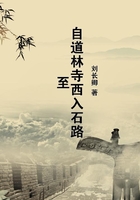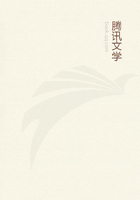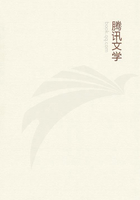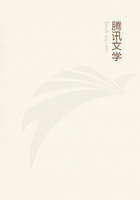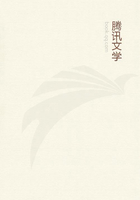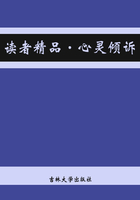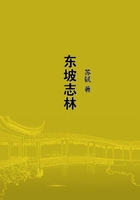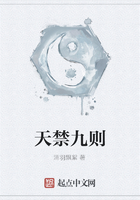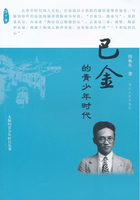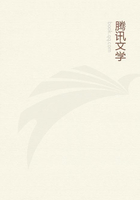What is still more important than even this matter of feeling is the practical discipline which the character obtains from the occasional demand made upon the citizens to exercise, for a time and in their turn, some social function. It is not sufficiently considered how little there is in most men's ordinary life to give any largeness either to their conceptions or to their sentiments. Their work is a routine; not a labour of love, but of self-interest in the most elementary form, the satisfaction of daily wants; neither the thing done, nor the process of doing it, introduces the mind to thoughts or feelings extending beyond individuals; if instructive books are within their reach, there is no stimulus to read them; and in most cases the individual has no access to any person of cultivation much superior to his own. Giving him something to do for the public, supplies, in a measure, all these deficiencies. If circumstances allow the amount of public duty assigned him to be considerable, it makes him an educated man. Notwithstanding the defects of the social system and moral ideas of antiquity, the practice of the dicastery and the ecclesia raised the intellectual standard of an average Athenian citizen far beyond anything of which there is yet an example in any other mass of men, ancient or modern. The proofs of this are apparent in every page of our great historian of Greece; but we need scarcely look further than to the high quality of the addresses which their great orators deemed best calculated to act with effect on their understanding and will. A benefit of the same kind, though far less in degree, is produced on Englishmen of the lower middle class by their liability to be placed on juries and to serve parish offices; which, though it does not occur to so many, nor is so continuous, nor introduces them to so great a variety of elevated considerations, as to admit of comparison with the public education which every citizen of Athens obtained from her democratic institutions, must make them nevertheless very different beings, in range of ideas and development of faculties, from those who have done nothing in their lives but drive a quill, or sell goods over a counter.
Still more salutary is the moral part of the instruction afforded by the participation of the private citizen, if even rarely, in public functions. He is called upon, while so engaged, to weigh interests not his own; to be guided, in case of conflicting claims, by another rule than his private partialities; to apply, at every turn, principles and maxims which have for their reason of existence the common good: and he usually finds associated with him in the same work minds more familiarised than his own with these ideas and operations, whose study it will be to supply reasons to his understanding, and stimulation to his feeling for the general interest. He is made to feel himself one of the public, and whatever is for their benefit to be for his benefit. Where this school of public spirit does not exist, scarcely any sense is entertained that private persons, in no eminent social situation, owe any duties to society, except to obey the laws and submit to the government. There is no unselfish sentiment of identification with the public. Every thought or feeling, either of interest or of duty, is absorbed in the individual and in the family. The man never thinks of any collective interest, of any objects to be pursued jointly with others, but only in competition with them, and in some measure at their expense. A neighbour, not being an ally or an associate, since he is never engaged in any common undertaking for joint benefit, is therefore only a rival. Thus even private morality suffers, while public is actually extinct. Were this the universal and only possible state of things, the utmost aspirations of the lawgiver or the moralist could only stretch to make the bulk of the community a flock of sheep innocently nibbling the grass side by side.
From these accumulated considerations it is evident that the only government which can fully satisfy all the exigencies of the social state is one in which the whole people participate; that any participation, even in the smallest public function, is useful; that the participation should everywhere be as great as the general degree of improvement of the community will allow; and that nothing less can be ultimately desirable than the admission of all to a share in the sovereign power of the state. But since all cannot, in a community exceeding a single small town, participate personally in any but some very minor portions of the public business, it follows that the ideal type of a perfect government must be representative.

